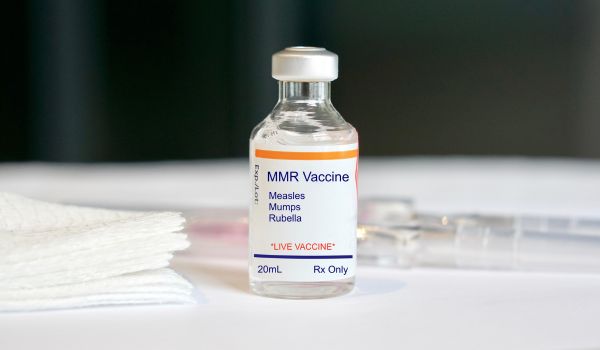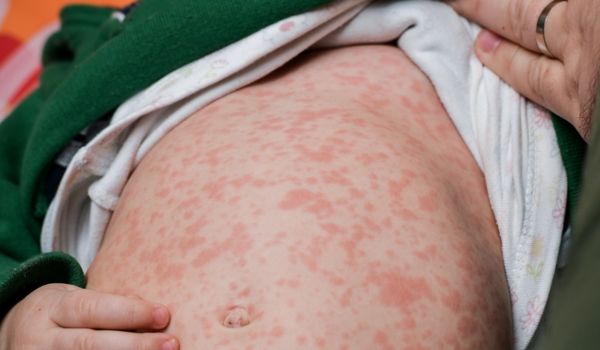MMR Vaccination in India
Measles, Mumps, And Rubella (MMR) Vaccine
The MMR vaccine protects against measles, mumps, and rubella (German measles).
Immunization Schedule: MMR vaccinations are given by injection in 2 doses:
- At age 12–15 months
- At age 4–6 years
During a mumps outbreak, children older than one year of age who are in close contact with infected individuals should receive another dose of the vaccine, regardless of how many doses they have already had. Your child’s doctor will advise if this is necessary.
Why Is the Vaccine Recommended?
Measles, mumps, and rubella are infections that can lead to serious health problems. More than 95% of children receiving the MMR vaccine will be protected from these three diseases throughout their lives.
Possible Risks: Serious problems, such as allergic reactions, are rare. Potential mild to moderate reactions include rash, fever, swollen cheeks, febrile seizures, and mild joint pain.
Routine Vaccination:
- Minimum age: 9 months or 270 completed days.
- Administer the first dose of the MMR vaccine at age 9 to 12 months, the second dose at age 15 through 18 months, and the final (3rd) dose at age 4 through 6 years.
- The 2nd dose should follow in the second year of life, but it can be given at any time 4-8 weeks after the first dose.
- There is no need to administer a stand-alone measles vaccine.
Catch-up Vaccination:
- Ensure that all school-aged children and adolescents have had at least two doses of the MMR vaccine (3 doses if the first dose was received before 12 months).
- The minimum interval between the 2 doses is 4 weeks.
- One dose is recommended if previously vaccinated with one dose (2 doses if the first dose was received before 12 months).
- A ‘stand-alone’ measles vaccine or any measles-containing vaccine (like MMR) can be administered to infants aged 6 through 8 months during outbreaks. However, this dose should not be counted as part of the routine MMR vaccination series.




